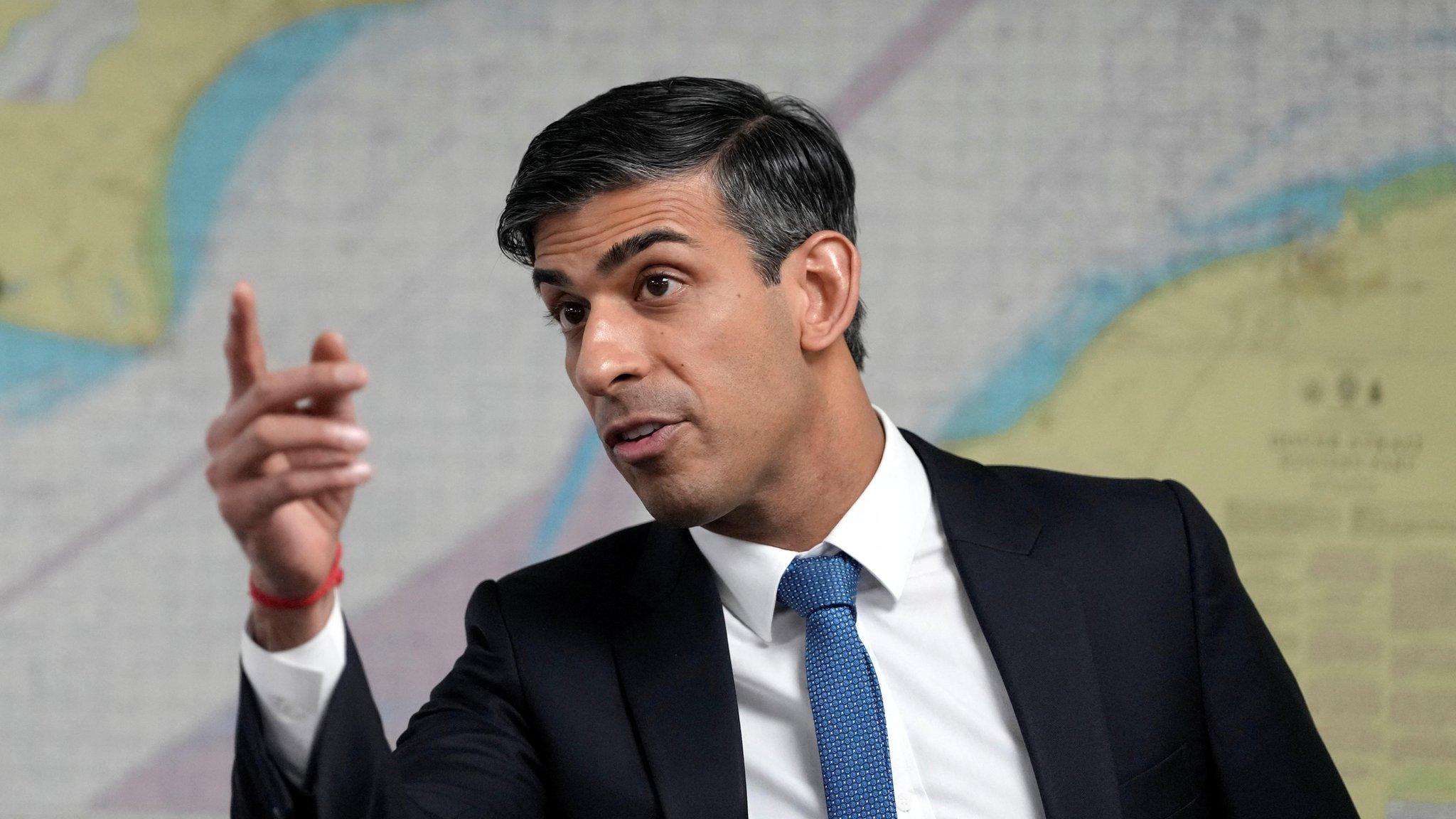UK asylum: Ex-military bases to be used in migrant housing plan
- Published
Robert Jenrick's plans to use military bases "being disposed of" face criticism from both sides of the Commons.
Three sites including two ex-military bases will be used as migrant housing in a bid to cut down on hotel use.
Sites in Lincolnshire and Essex, plus another in East Sussex, could house "several thousand", Immigration Minister Robert Jenrick said.
The government is "exploring the possibility" of using ferries but no firm decision has been taken, he said.
Labour shadow home secretary Yvette Cooper said the announcement was "an admission of failure" on asylum policy.
The plans are likely to meet local opposition and have been criticised by MPs whose constituencies are impacted, with one Conservative warning the government a legal challenge would be launched.
Mr Jenrick told the Commons "the sheer number of small boats have overwhelmed the asylum system" and said the government would "not elevate the wellbeing of illegal migrants above the British people".
"Accommodation for migrants should meet essential living needs and nothing more, because we cannot risk becoming a magnet for the millions of people who are displaced and seeking better economic prospects," he added.
Mr Jenrick said the three new sites will help reduce the need to rely on private hotels but conceded that "these sites on their own will not end the use of hotels overnight".
He also revealed barracks at Catterick Garrison in Prime Minister Rishi Sunak's constituency was being assessed for suitability as potential accommodation.
Later, bosses of a commercial port on the Dorset coast in southern England said the Home Office had asked it to provide space for an "accommodation facility".
Bill Reeves, chief executive of Portland Port, said: "We are currently liaising with the Home Office about the next steps."
Conservative-led Dorset Council has said it has "serious concerns" about the location.
There had been media speculation the government could announce plans to use vessels to house migrants, but it wasn't included in what the minister called the "first tranche" of housing options.
The government says £6.2m a day is being spent on hotels for migrants and areas with high concentrations of people face a strain on local services.
The BBC understands more than 51,000 people are currently being housed in 395 hotels.
Mr Jenrick said new funding would be made available for local authorities to help deal with costs.
Plans include housing migrants at RAF Wethersfield in Essex
The BBC understands necessary planning changes has been secured to repurpose military sites in Lincolnshire and Essex, and both could be used to house people who enter the country illegally within weeks.
Mr Jenrick did not name the individual sites during his Commons statement but their locations have previously been reported.
Use of RAF Scampton - home of the Dambusters squadron during World War Two - near Scampton, Lincolnshire, could trigger a legal challenge.
Its local Tory MP, Sir Edward Leigh, criticised the choice as a "thoroughly bad idea" and said the local authority would launch an immediate judicial review.
A deal was agreed in March to allow West Lindsey District Council buy the base from the Ministry of Defence as part of a £300m regeneration project of the site for commercial activity, heritage, tourism and research.
Foreign Secretary James Cleverly has previously criticised plans to house people at the base near the village of Wethersfield in his Essex constituency of Braintree.
He said the site was "inappropriate" because it was remote and had limited transport infrastructure. The local authority has confirmed it is considering legal action.
Former home secretary Priti Patel, who represents a neighbouring constituency, has also questioned the site's suitability.
Bexhill and Battle MP Huw Merriman identified the East Sussex site as Northeye near Bexhill, which formerly housed an RAF property, a prison and a training centre.
Government sources say each site will be able to house between 1,500 and 2,000 migrants, and initially are more likely to be used for new arrivals rather than to rehouse people currently in hotels.
Mr Jenrick said the sites would be used to house single adult males and stressed it was not his "intention" that minors will be taken there.


The current system of housing asylum seekers in hotels is deeply unpopular with many Conservative MPs. But the alternatives are also unpopular with a few.
The lack of detail on exactly what the government is "exploring" by way of options for using ferries and barges certainly looks like it's caused some jitters.
It was noted that several Tory MPs with ports or docks in their areas spoke out against the plans.
It's also allowed the opposition to question if the much-trailed idea is really a runner at all.
As for the two military sites, the opposition from local councils is fierce and seems it may be headed for the courts.
The dilemma isn't going away though: people going through the asylum system need somewhere to live.
The government has pinned its reputation on dealing with this issue so the prospect of some local fights, however fierce, is unlikely to put it off.

Shadow home secretary Yvette Cooper said the government's announcement was an "admission of failure" and not a proposal to cut or provide an alternative to "costly hotel use".
"They've got this huge backlog of asylum decisions, so much so that 98% of last year's small boats arrivals simply haven't even been decided or processed."
Liberal Democrat leader Sir Ed Davey has accused the government of "going after headlines" while failing to solve the problem of people arriving in small boats.
The Refugee Council believes the accommodation being suggested is "entirely unsuitable" to the needs of asylum seekers.
Alex Fraser, from the British Red Cross, said: "Military sites, by their very nature, can re-traumatise people who have fled war and persecution".
Mr Sunak told his cabinet on Tuesday the cost of the current approach and pressure it put on local areas was not sustainable, according to No 10.
At a Commons liaison committee, the prime minister said children cannot be exempted from plans to detain people who cross the Channel in small boats to prevent the creation of a "pull factor".
It comes as the government's asylum proposals laid out in the Illegal Migration Bill are being debated in Parliament.
The legislation aims to stop migrants claiming asylum in the UK if they arrive through unauthorised means, by crossing the English Channel in small boats.
People could be detained without bail or judicial review for 28 days before being removed to their home country or a safe third country like Rwanda.

MISSING GOLD: The inside story of Britain's biggest gold heist
FROM A BEDROOM SINGER TO A MUSIC STAR: Which unsigned artist has what it takes?

- Published29 March 2023
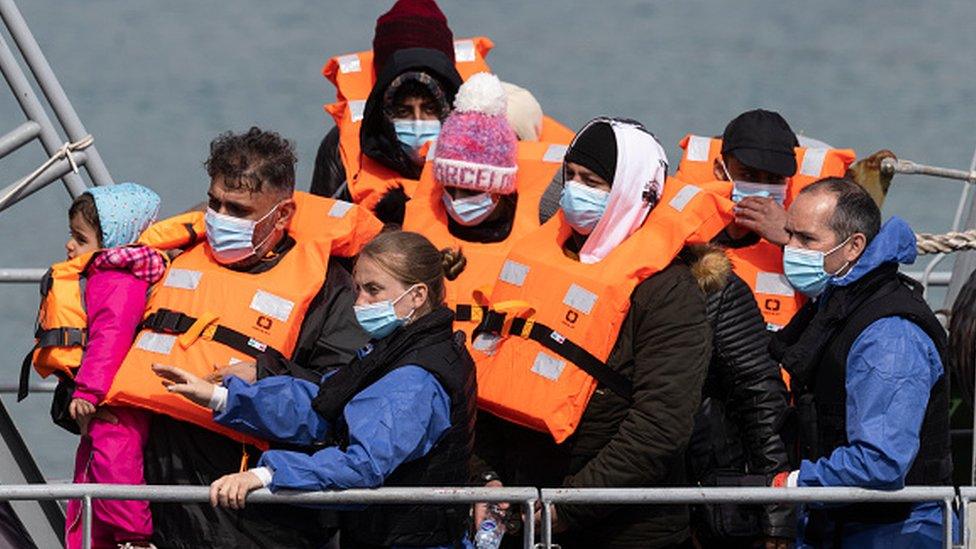
- Published28 March 2023
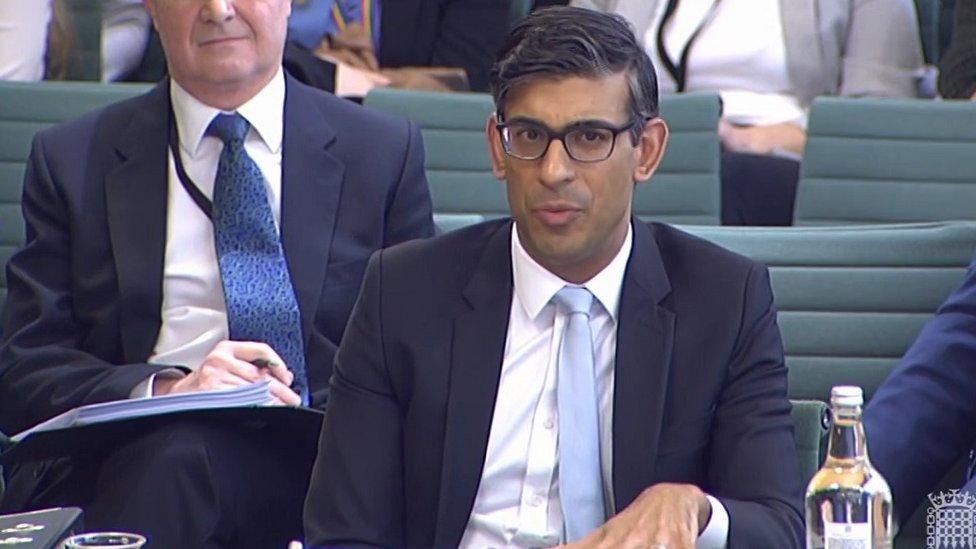
- Published28 March 2023
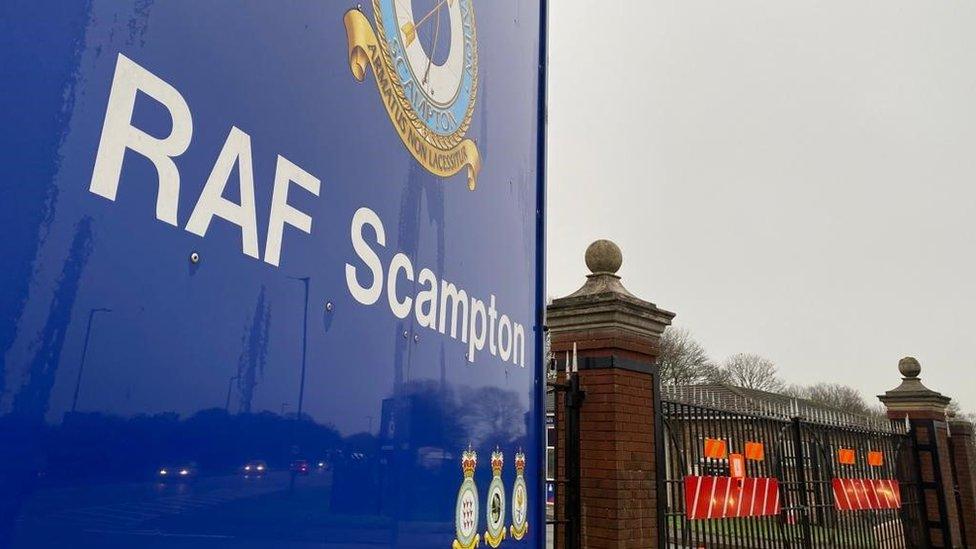
- Published8 March 2023
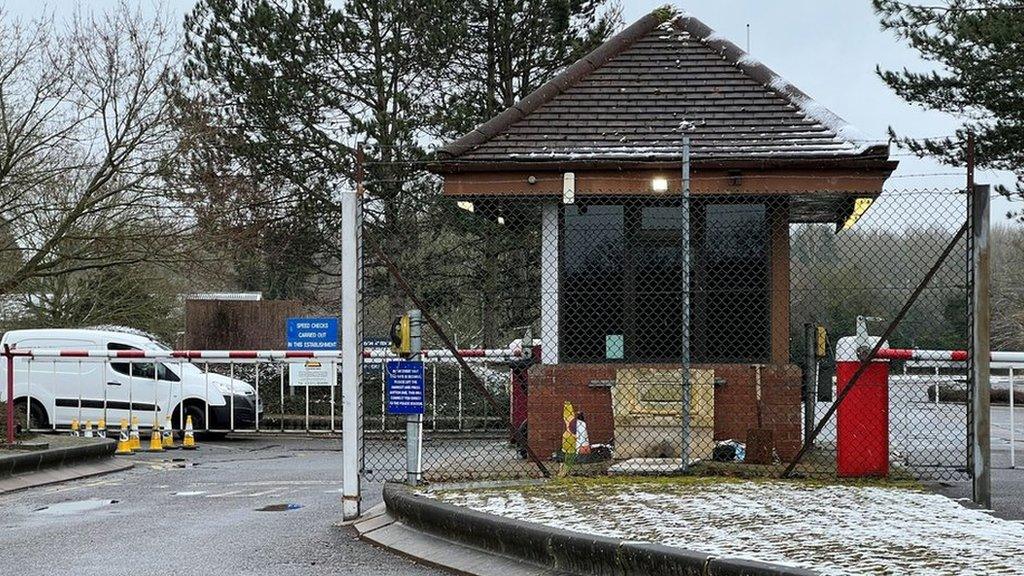
- Published7 March 2023
